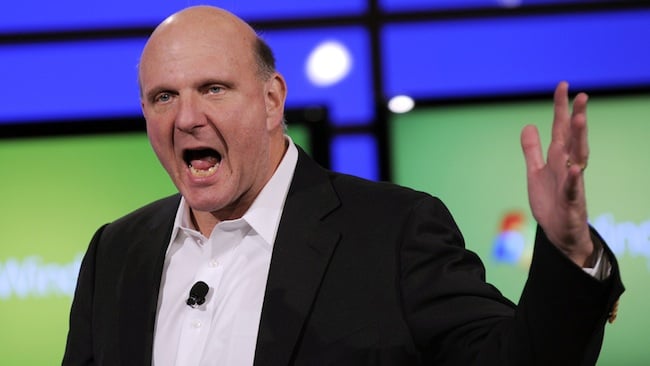Earlier today I wrote about a leaked image of an as yet to be announced Windows Phone from Samsung called the Mandel. Think of it like the South Korean version of the Nokia Lumia 900 for AT&T. As I was wrapping that piece up, something clicked in my head regarding the state of Nokia and the Windows Phone ecosystem. Nokia bet the farm on Windows Phone and have publicly stated that there isn’t a “Plan B”. If you’re one of Nokia’s competitors, such as Samsung, then you know that killing Windows Phone would be the easiest way to kill Nokia. And how do you kill Windows Phone? By not supporting it. That Mandel smartphone, it looked pretty done to me, so why wasn’t it released? Does AT&T honestly feel that their current lineup of just 5 Windows Phones compares favorably to their selection of a whopping 21 Android smartphones?
ZTE supports Windows Phone with the Tania and the Orbit, and Huawei has said that they’ll jump on Microsoft’s bandwagon once the next version of the OS, codenamed Apollo, comes out, but don’t expect either of those two companies to sell Windows Phones in any large numbers. By increasing support for Google’s mobile OS, Android, the mobile industry industry is killing Nokia’s chance of success. And as for feature phones, that product category isn’t going to exist in half a decade. You can already buy an Android smartphone for less than $100 in several parts of the world. I wouldn’t be surprised to see the first $50 Android handset come out by the end of next year.
The point I’m trying to get across is that Stephen Elop, Nokia’s CEO, goes on and on about building a “third ecosystem”, which is just another way of saying “saving Nokia”. Why then would HTC, Samsung, Huawei, ZTE, Acer, Lenovo, LG, and all the other players out there, want to help build an ecosystem that would strengthen a major competitor?
